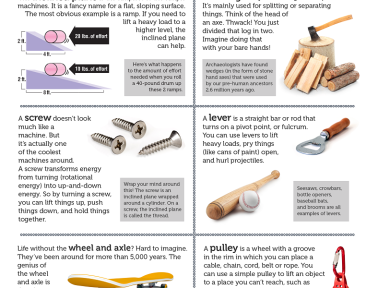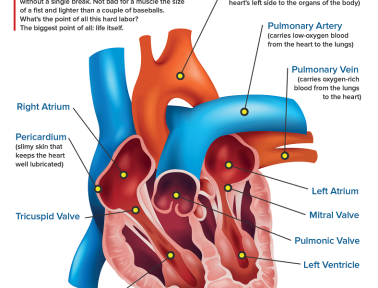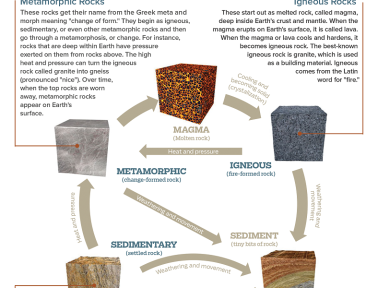In my last post, I wrote about the slippery slope between spanking and child abuse, the slippery slope which appears to have pulled Adrian Peterson and much of the public discussion about spanking over the edge of the precipice. Today, I want to address the reasons we use to rationalize spanking, and talk a little about setting broken tools aside.
“That’s How I Was Raised”
One of the repeating themes in Adrian Peterson’s defense — at least his PR defense — is that “whuppings” were just part of the way he was raised. In fact, in a public statement he said, “I have always believed that the way my parents disciplined me has a great deal to do with the success I have enjoyed as a man.” Many adults use this line of reasoning when trying to justify spanking (or in this specific case, whipping with a “switch”) as a reasonable form of punishment.
“I was spanked and I turned out just fine.”
“I was whupped and it made me a better man.”
“I was paddled and I turned out better than my friends who weren’t.”
It’s true that the way we were raised is one of the strongest factors in determining our own parenting script. We tend to default to parenting the way we were parented, particularly in times of stress. (Think: misbehaving kids.) But we have to be responsible for consciously choosing whether or not we should continue to live by a default script or turn the page.
My parents were raised in a time when seat belts were optional and smoking didn’t cause cancer. Yet, they taught me to always buckle up and to just say, “No thanks” to lighting up.
We are each raised with the best our parents have. But when more information becomes available, it seems we are morally obligated as parents to use it. As Maya Angelou said, “Do the best that you can until you know better. Then when you know better, do better.”
Like me, many parents today were raised in a time when spanking was still widely accepted as a discipline method. But today isn’t that day. We know better. We have to do better.
(More on changing your parenting script.)
“The Bible Tells Me So”
I don’t often write directly about my faith here. But when I read a few years back about the Bible being cited by the parents who had beaten their seven year-old daughter to death, I finally had to write this post.
In that post, I address an oft-cited scripture, Proverbs 13:24, which states that “He who spareth his rod, hateth his son…” and talk about how the term “rod” has taken on more scriptural meanings than simply a stick used for hitting children.
But I also cite other biblical references, such as Ephesians 4:31-32 for example, where we are extolled to put away anger and wrath and rather be kind and tenderhearted. Or First Corinthians 13:4-7, defining charity, which “suffereth long and is kind”. This seems to epitomize parenthood as it encourages patience and pure love in spite of frustration and even provocation. And I rely on the exemplary life of Christ, who, when encouraged by a mob to stone a woman caught in adultery, refused, inviting those who were perfect to cast the first stone. He corrected her with words and with love, rather than punishing her with pain.
If we’re going to use scripture as a basis for our parenting, let’s do more than single out one verse.
I don’t address this line of argument lightly. I don’t intend to belittle or create contention. I write it because every now and then, someone tells me something like: “I didn’t feel right about spanking, but someone told me I couldn’t be a good parent and a good Christian if I didn’t. Thanks for helping me to see it in another light.”
It only takes one of those comments to make it worth it for me.
“I Don’t Know What Else to Do”
Perhaps the most common reason for parents to continue to spank their children is that they don’t know what else to do instead. People are reluctant to set down their tools, even the broken ones, if they believe they’ll be left with no tools at all. So they cling to these broken tools.
But the idea that giving up spanking means becoming a passive parent presents a false choice. Setting aside corporal punishment is not synonymous with parental abdication. It simply means choosing to use new tools.
As Maslow said, “I suppose it is tempting, if the only tool you have is a hammer, to treat everything as if it were a nail.”
Those clinging to corporal punishment as their only tool will see any serious misbehavior as worthy of punishment by pain. It’s like a repairman trying to fix your AC, your dishwasher, and your leaky roof with a single hammer. In reality, the work of teaching children is a precision job. It requires precise tools and careful work.
In the Adrian Peterson case and in other corporal-punishment-turned-child-abuse cases, abdicating spanking is usually mentioned along with “using time out instead”. That’s one tool. It’s a good trade, but still a one for one. (And a broken tool for another broken tool if it’s not used correctly.)
Learn more about the tools for positive parenting here.
What reasons do you hear in defense of spanking?
Hammer and Screw Image Source:
<!–
–>










